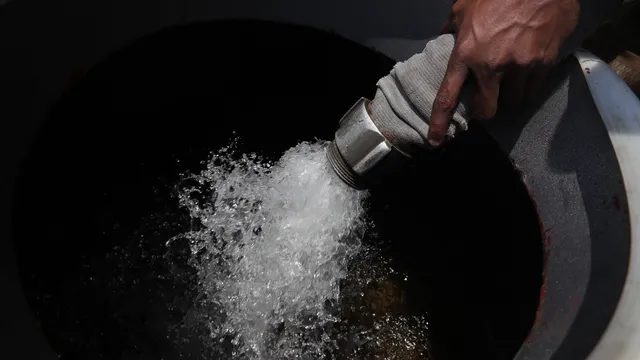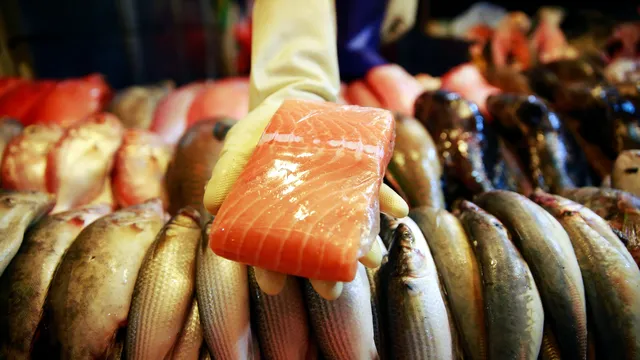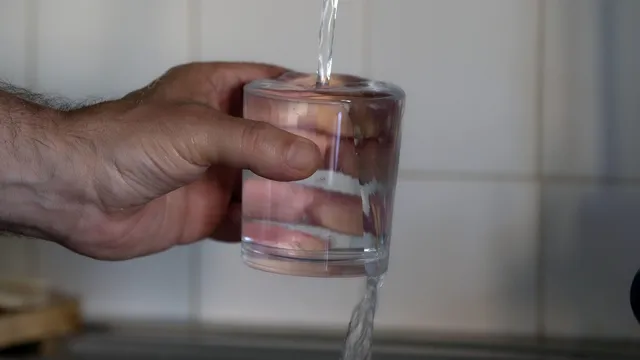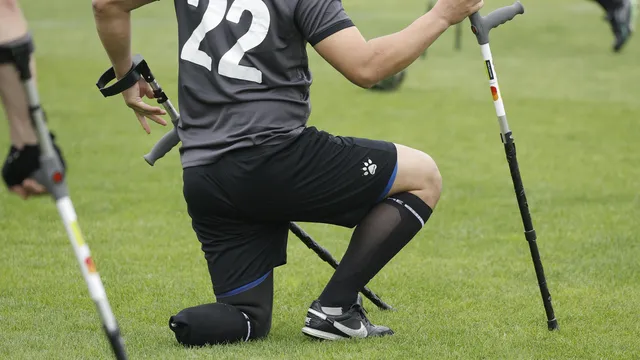More than two billion people worldwide still do not have access to safely managed drinking water, the UN said, warning that progress towards universal coverage is not fast enough.
UN health and children's agencies said that last year, one in four people worldwide did not have access to safely managed drinking water, with more than 100 million people continuing to rely on drinking water from surface sources such as rivers, lakes, and canals.
The World Health Organization and UNICEF said that lagging water, sanitation, and hygiene (WASH) services put billions of people at greater risk of disease, AFP reported.
In a joint study, they found that the world is far from achieving the goal of universal coverage of these services by 2030.
Instead, this goal is "becoming increasingly unattainable," they warned.
"Water, sanitation, and hygiene are not privileges: they are basic human rights," emphasized Rüdiger Krech, director of the WHO's Department of Environment.
"We need to accelerate action, especially for the most marginalized communities," he added.
The report looks at five levels of drinking water services.
The highest level, "safe management," is defined as access to drinking water indoors, available when needed and free of fecal and priority chemical contamination.
The four levels below that are "basic" (access to improved water within 30 minutes), "limited" (improved but with longer access), "unimproved" (e.g., from an unprotected well or spring), and "surface water."
Since 2015, 961 million people have gained access to safely managed drinking water, with coverage increasing from 68% to 74%, the report says.
Of the 2.1 billion people who still lacked access to safely managed drinking water services last year, 106 million used surface water, a decrease of 61 million over the last decade.
The number of countries that have stopped using surface water for drinking has increased from 142 in 2015 to 154 in 2024, the study shows.
In 2024, 89 countries had universal access to at least basic drinking water services, of which 31 had universal access to safely managed services.
The 28 countries where more than one in four people still lack access to basic services are concentrated mainly in Africa.
In terms of sanitation, 1.2 billion people have gained access to safely managed sanitation services since 2015, with coverage increasing from 48% to 58%, the study shows.
These are defined as improved facilities that are not shared with other households and where excreta are safely disposed of on site or removed and treated off-site.
The number of people practicing open defecation has decreased by 429 million to 354 million in 2024, or to 4% of the global population.
Since 2015, 1.6 billion people have gained access to basic hygiene services – handwashing facilities with soap and water in their homes – with coverage increasing from 66% to 80%, the study found.
"When children don't have access to safe water, sanitation, and hygiene, their health, education, and future are at risk," warned Cecilia Sharp, UNICEF's director for WASH.
"These inequalities are particularly acute for girls, who often bear the burden of water collection and face additional barriers during menstruation. At the current rate, the promise of safe water and sanitation for every child is slipping further and further away," she added. | BGNES

 Breaking news
Breaking news
 Europe
Europe
 Bulgaria
Bulgaria







